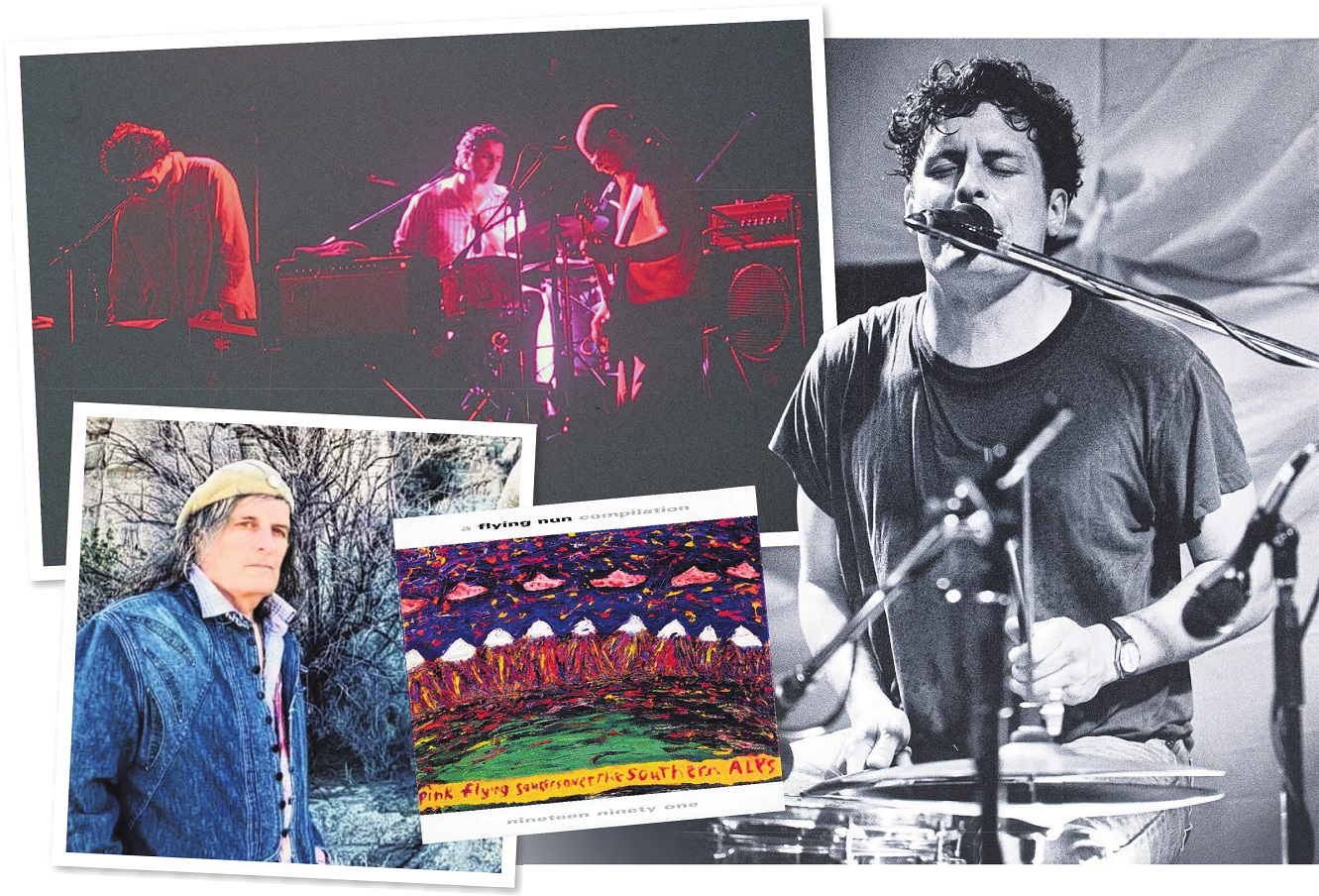
Kilgour (65) was remembered by musicians, friends and fans as the linchpin of The Clean, which in 1980 was one of the first signings by the fledgling Flying Nun record label.
Kilgour, his brother David (guitar, vocals) and Robert Scott (bass) released several important singles and EPs early in their career, records which inspired a generation of Dunedin musicians.
"I spent a big part of my life with him, he was like a brother," Scott said yesterday.
"I was lucky to make music with him and we had incredible times ... he was a huge part of my life and I’m really going to miss him."
Flying Nun founder Roger Shepherd, who later hired Kilgour as the label’s first employee, said seeing The Clean for the first time and meeting Kilgour had been life-changing moments.
"It has been a tough week of waiting to find out what had happened but now we know," he said.
"You can be a music fan all your life but you might only be able to count on one hand the number of absolutely amazing shows that you have seen and The Clean, at least two, three or four times that I saw them, were pretty astonishing.
"The first time I saw them at the Gladstone they were clearly really special. I had this idea for a new record label and it was clear to me that they had to be on there, so I pursued them all the way to Auckland to reinforce my interest."
Mr Shepherd said The Clean was ahead of its time in many ways and history had vindicated the band as a whole and its forthright drummer.
"With two brothers in the band they were always spinning around each other and they really did need Robert as the one who stopped everything from spinning out of control ... there was a creative tension and you could hear that.
"I was really close to Hamish in the early ’80s, when he came to work for us, and he worked pretty hard for three years at a time of growth and craziness and madness, but everyone was always conscious of the music that he was making.
"I just wish that coming back to Christchurch had been a happier experience for him."
The Clean followed their separate musical pathways for much of the late 1980s, but by the 1990s the band had reconciled itself to its "elder statesmen" place in the Flying Nun family and reformed for occasional recording sessions and tours.
Scott said despite The Clean being a sporadic musical undertaking, especially after Kilgour moved to New York, the trio always resumed work as if time had not passed.
"That was the magic of the band, when we got together we could just create stuff straight away, that was one of those incredibly rare musical moments which some people are lucky enough to enjoy, and I’m lucky that I could hook up with those two and make the music that we did.
"He was quite cynical about us being accepted by the mainstream and took that with a grain of salt because of all those industry people who dismissed us back in the day but then turned around and said that we were actually quite good."
Being a band which often improvised, both in the studio and on stage, meant that working with Kilgour was always a dynamic creative experience, Scott said.
"We shared so many experiences and so many extreme situations on tour that, of course, you end up being very close," he said.
"Musically we never examined or talked about what we did because it was so intuitive and spontaneous.
"The song would happen and we would play it and later you would go back and listen to the song and it would have this great groove to it.
"He [Hamish] was a great drummer and quite unconventional in the way he played but he always had a great rhythm and a great beat," Scott said.
Kilgour was reported missing on November 27, after last being seen in the Palms shopping centre in Christchurch, where he had been living recently.
His body was found on Monday, and police have referred his death to the coroner.












